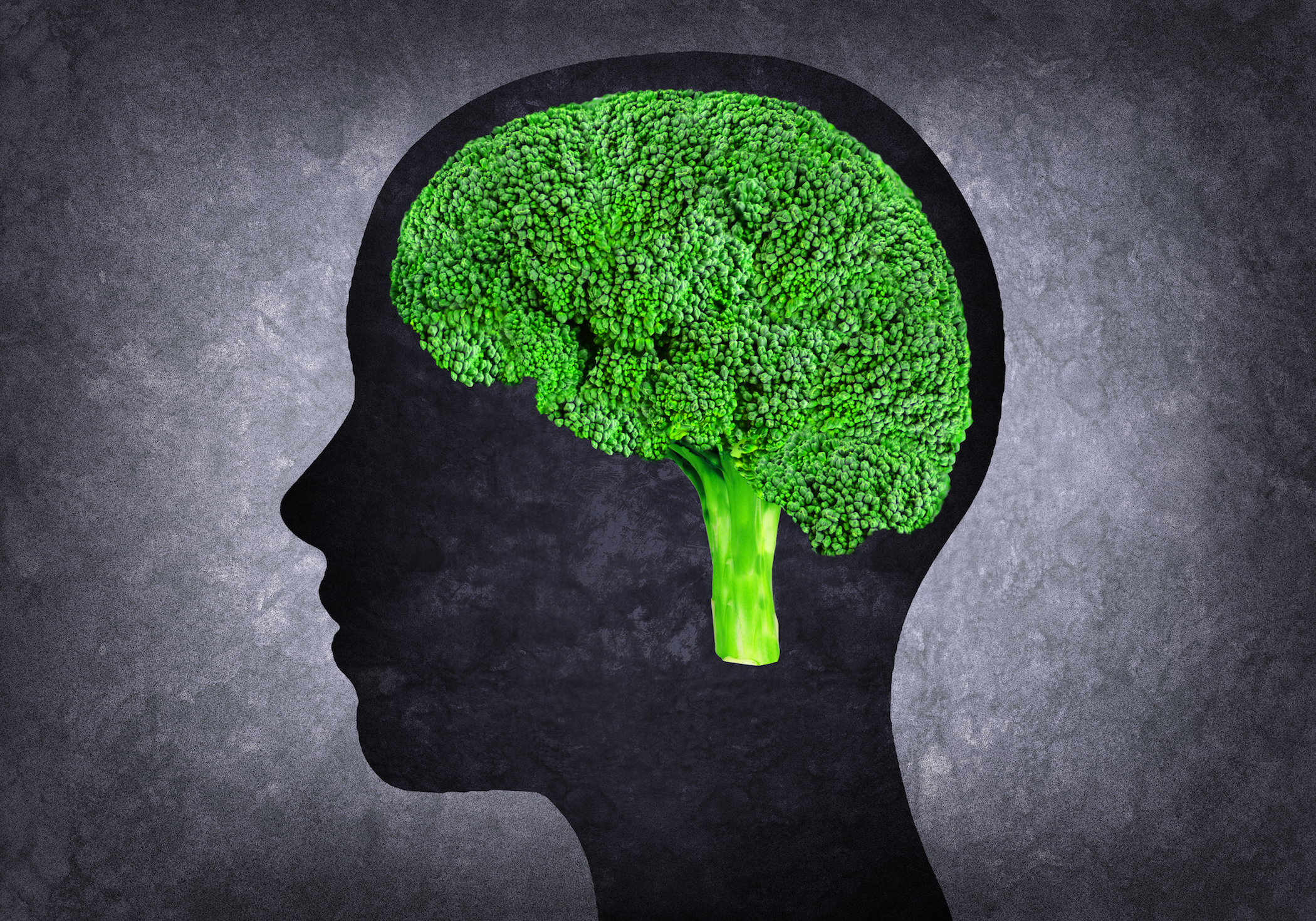
Research conducted by the Heart Research Institute (HRI) in Australia suggests that sulforaphane, a natural chemical found in broccoli and other cruciferous vegetables, could potentially revolutionize stroke treatment.
The study, published in the journal ACS Central Science, reveals findings from a three-year investigation into how sulforaphane can help dissolve blood clots and enhance the effectiveness of clot-busting drugs used in acute ischemic stroke treatment.
Current Stroke Treatment
Stroke is a leading cause of death globally, with ischemic strokes accounting for 87% of all cases. The only drug currently available for treating acute ischemic stroke is tissue plasminogen activator (tPA), which can have severe limitations and risks, including potential brain bleeding.
Lead researcher Xuyu Liu and his team discovered that sulforaphane from broccoli may enhance the performance of tPA, leading to the development of safer and more efficient stroke medications.
In preclinical trials, it was found that administering sulforaphane alongside tPA increased the success rate to 60% without causing bleeding, a common side effect of other blood-thinning agents used in stroke treatment.
The protective properties of sulforaphane extend beyond broccoli and other cruciferous vegetables, offering potential benefits in preventing and treating blood clots. Mr. Liu’s future plans include securing funding for human clinical trials to further explore the preventative and anti-clotting effects of sulforaphane with the goal of developing new treatments within the next five years.






